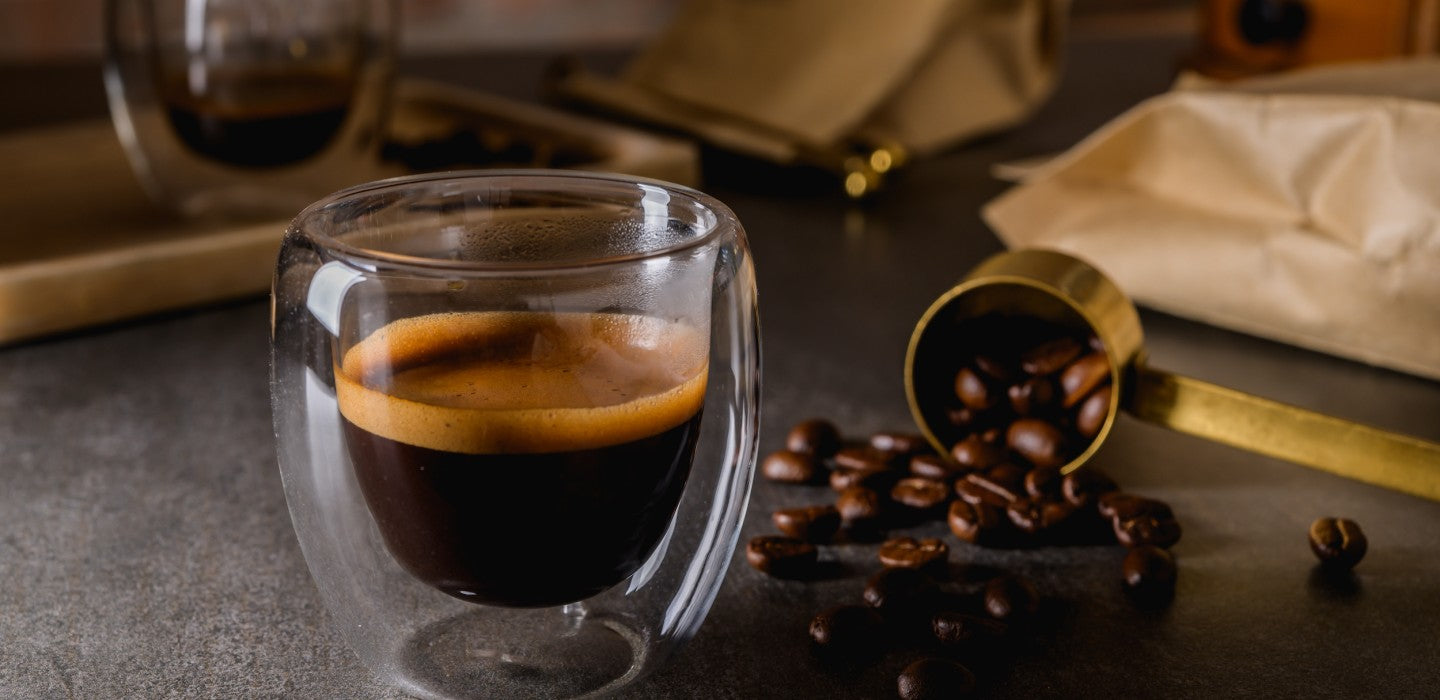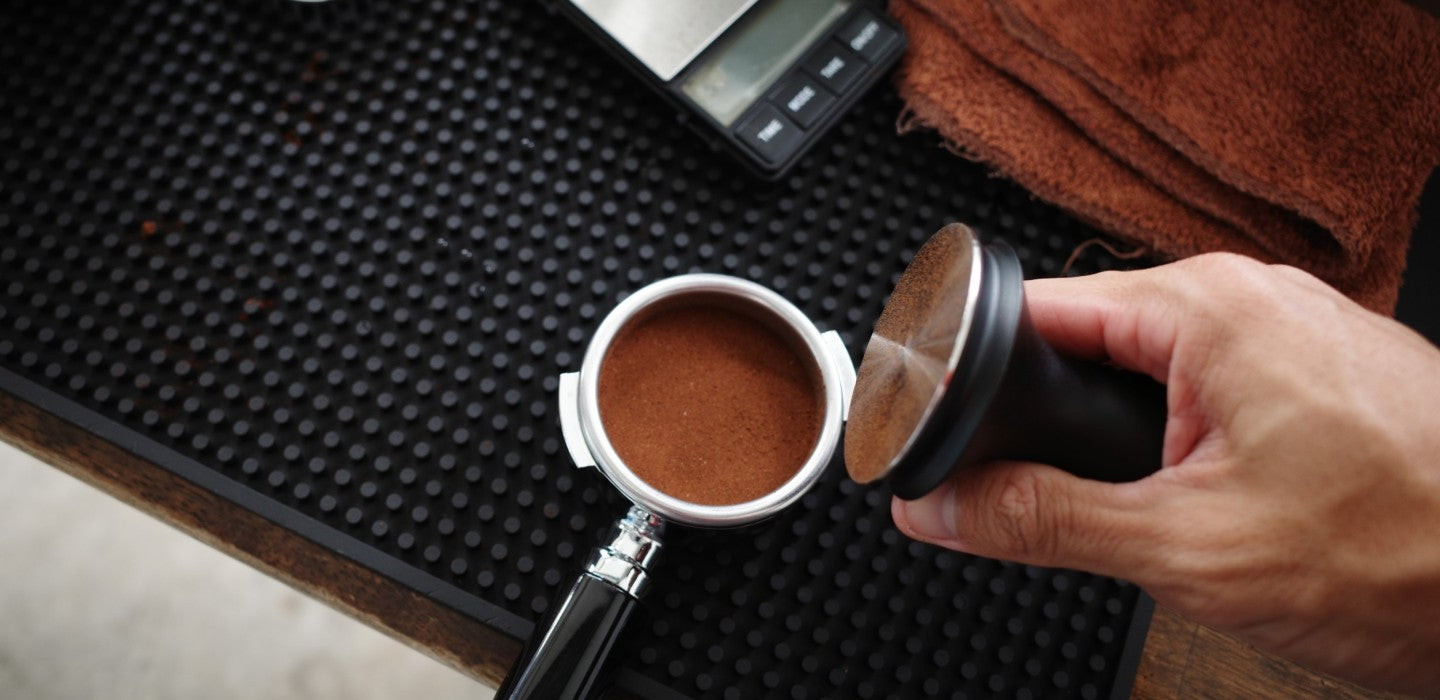Bitterness in Espresso: Tips for a Perfect Brew
If your homemade espresso tastes bitter and lacks the expected creamy body, it could be miles away from the divine drink served by your favorite barista. An unbalanced and overly bitter taste is commonly due to over-extraction. However, several factors come into play in brewing a balanced, less bitter espresso. Here's a dive into why your espresso tastes bitter and a comprehensive guide to ace the art of espresso preparation.
Espresso Selection: The Right Blend Reduces Bitterness
Different from many other coffee variants, espresso mostly contains a blend of Robusta and Arabica beans. Robusta beans, although taste stronger and more bitter, form a better cream than the milder Arabica beans. Especially if your home-brewed espresso tastes too bitter for your palette, give it another swirl, this time with a blend that has a reduced or better balanced Robusta content.
The Right Grind: Fine-Tuning for Less Bitter Espresso
Believe it or not, the grind of your espresso powder plays a paramount role when espresso tastes bitter. The finer the beans are ground, the easier it is for water extract bitter substances leading to over-extraction and hence, a bitter, imbalanced taste.
Extraction Time: Getting the Timings Right
Good espresso should pass through in about 25 to 30 seconds. Any lapse in the correct timings may result in over-extraction turning your espresso too strong and bitter. On the other hand, a too-rapid run through can lead to a lightly acidic watery taste, as not all flavors are extracted from the powder. So, if it's taking too long, the ratio of water to espresso powder may need adjustments.
Temperature Calibration: Perfect Heat for Perfect Espresso
The ideal brewing temperature for espresso lies between 92 and 95 degrees Celsius. Overheating pulls out excessive tannins and other bitter substances from espresso beans. This bitterness overwhelms the delicate flavors and subtle nuances inherent to espresso, giving it a bitter or even slightly burnt aftertaste. On the contrary, water that's not heated sufficiently, results in a weak brew that leans towards a sour taste.
Monitoring the Pressure: Balancing for Good Taste
The pressure of your espresso machine has a significant bearing on the taste of your espresso. Should the pressure exceed 10 bar, your espresso can quickly turn bitter. The grind of the espresso powder has a substantial impact on the pressure build-up. A finely ground powder can easily increase the pressure. Therefore, opt for a coarser grind to keep the pressure in check.
Water Quality: Hard or Soft?
Espresso, like all coffee beverages, is naturally slightly acidic. This low pH value of 4 to 5 enables the full unfolding of aroma with subtle nuances of berries or fruit. However, the presence of high contents of calcium and magnesium ions, that cause water hardness, can neutralize the fruity acids in espresso.
Cleanliness: A Matter of Taste
Over time, countless residues from coffee oils, fats, and other remainders accumulate in your coffee machine. These residues, especially near the porta, can turn rancid or moldy, resulting in a bitter or musty taste in your espresso. Consequently, it's always advisable to clean your machine in accord with the guidelines provided by the manufacturer.
Throughout the journey of understanding why your espresso tastes bitter, it's apparent that a perfectly balanced espresso is about mastering a complex process. Each variable of the brewing process, from the choice of bean type, grind setting, extraction time, brewing temperature, pressure regulation, to the quality of water, plays a significant role. Nonetheless, the joy in every sip of a well-balanced, perfect espresso will make all the diligence in the brewing process worthwhile. With patience, practice, and an understanding of your taste preferences, exquisite espresso is within your reach.



Leave a comment
This site is protected by hCaptcha and the hCaptcha Privacy Policy and Terms of Service apply.